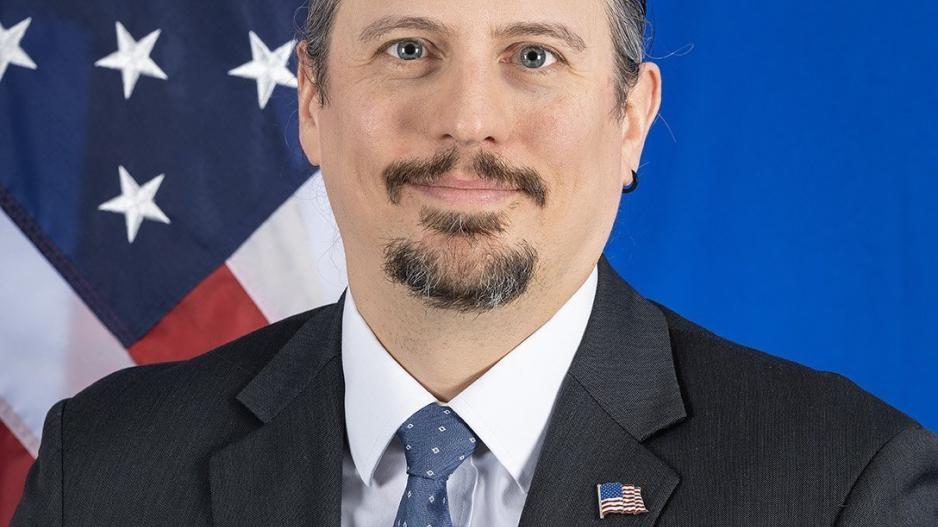US Official Emphasizes Dangers of Corruption on Economies During Cyprus Visit
Proactive Information-Sharing and Systematic Vulnerability Identification Are Key
Richard Nephew, the US State Department's Global Anti-Corruption Coordinator, recently highlighted the detrimental effects of corruption on economies and foreign investments during a conversation with Cyprus News Agency. Appointed by Secretary of State Antony Blinken last July, Nephew’s visit to Cyprus underscores the significance of international collaboration in the battle against corruption, CNA comments.
Discussing the partnership with Cyprus, Nephew stated, "Our collaboration is already strong, and there’s significant potential for further growth."
Recognizing Cyprus' efforts, he acknowledged the formation of new anti-corruption institutions and the prioritization of the issue by the Cypriot President. However, he emphasized that every nation, including the US, can and should intensify their efforts.
Describing the perils of corruption, Nephew said, "Corruption not only weakens economies but also undermines legitimate businesses, affects public services, and deters vital foreign investments." He further warned that global companies are increasingly hesitant to invest in regions perceived as corrupt.
Nephew observed a shift in business practices, with the most reputable companies worldwide now steering clear of questionable activities due to potential risks and repercussions.

Furthremore, Richard Nephew emphasized two core strategies: proactive information-sharing and systematic vulnerability identification.
Nephew stressed the necessity of open communication and data exchange among all stakeholders, encompassing government entities, communities, and the private sector. He urged for the diligent identification and sealing of system vulnerabilities, citing the constant threat of malicious entities looking for exploitation opportunities.
He commended Cyprus for its progressive steps but reminded that constant refinement is essential. Promoting digital solutions and e-governance, Nephew believes, can significantly streamline rule enforcement processes.
Highlighting the dynamic nature of global financial systems, he championed the pillars of continuous learning, capacity-building, and information dissemination. He also emphasized public involvement and awareness, underscoring the pivotal role of civil society organizations in maintaining checks and balances.
Lastly, Nephew sought to clarify misconceptions surrounding sanctions. Drawing from his extensive experience, he articulated that sanctions are primarily tools for risk mitigation and system protection rather than punitive measures. He argued that in the broader perspective of global finance, sanctions should be perceived as protective mechanisms instead of retributive actions.






